
A tight-knit family for our times
When “The Incredibles” premiered, it was to a markedly different film market in 2004.

When “The Incredibles” premiered, it was to a markedly different film market in 2004.
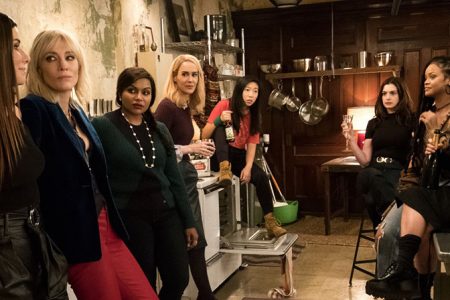
In “Ocean’s Eight,” an octet of female grifters join together to pull off a major heist and it centres on jewellery and fashion?

I did not care much for the first “Deadpool” film. I ended up watching it last month, two years after its release, in anticipation of having to review the sequel.
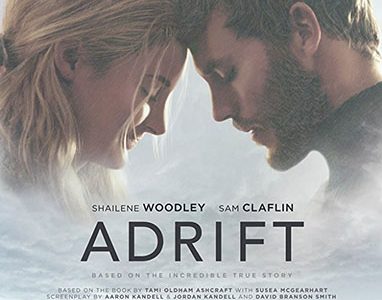
What is it that draws us to nature-based survival tales? Is it a weird sort of schadenfreude where we find it thrilling to watch someone we do not know experiences things we probably could not face?
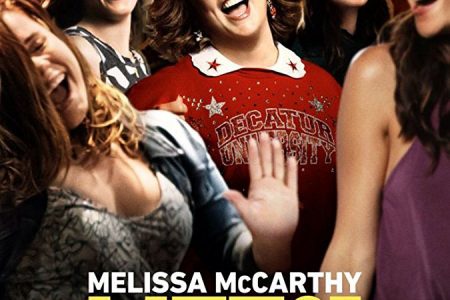
“Life of Party,” like the recently released “Avengers: Infinity War” before it, ends up interrogating the critic who deigns to write about it.
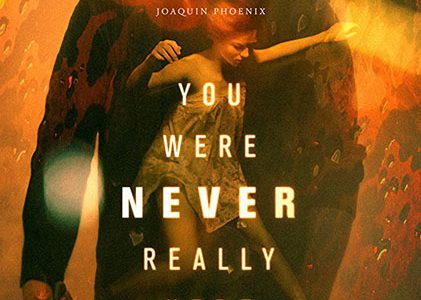
The weapon of choice for Joe, the hitman protagonist in Lynne Ramsay’s “You Were Never Really Here,” is a hammer.
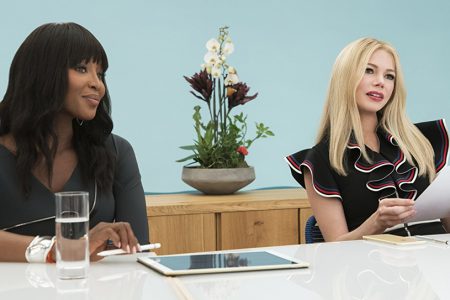
“I Feel Pretty” ended up being a last minute choice at the cinema this week.
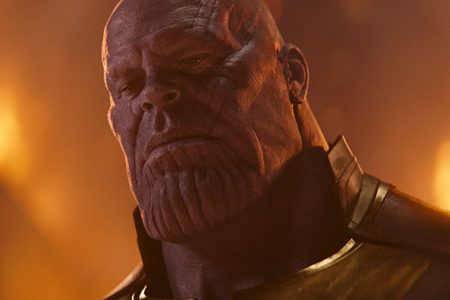
encounterOne of the oddest pieces I read this week about “Avengers: Infinity War” was that it was an example of experimental cinema instead of a blockbuster.

In France, the home of the Cannes Film Festival, films released in theatres cannot be streamed until a 36 month window passes.
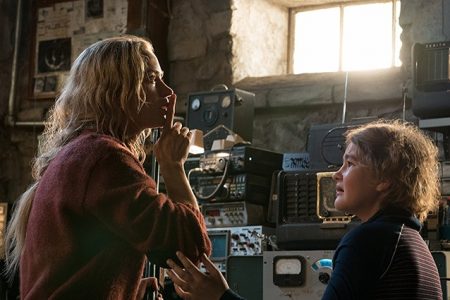
The very last moment in John Krasinski’s “A Quiet Place” rests on the deployment of a sound cue that made me want to stand up and cheer, even amidst the troubling implications it raised.

The new romantic comedy “Love, Simon” is all about symmetry. This is a well-ordered world where everyone exists in a state that is not perfect, but rarely uncertain.
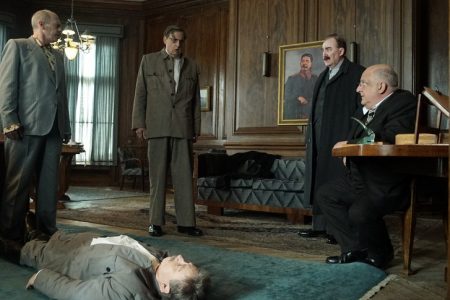
Anyone looking for something diverting to see over the weekend should head to Amazon or iTunes to stream the new digital release “The Death of Stalin.”

“Game Night” is the best example of counterprogramming in the cinema right now and it looks likely to be that way until probably May, assuming it remains in theatres.
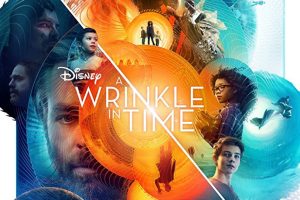
Critiquing the critics is my least favourite thing about criticism, but here we are.
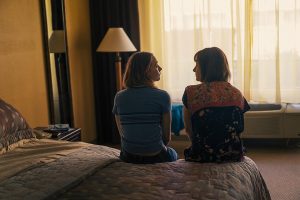
With the Oscars all handed out, it’s just about time to bid 2017 film year adieu.

How does one even begin to talk about “Black Panther”? The question has been turning over in my head since I saw the movie in a packed theatre last week.

“The Shape of Water” features a beautiful original score but the most significant musical motif of the film is found in the past.
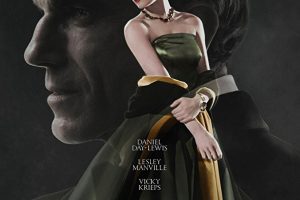
Although we’re well into the second month of 2018, the film world at large is still experiencing arrested development.
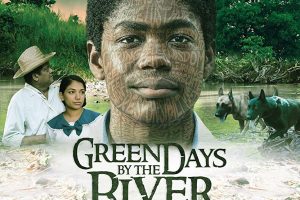
As much as Michael Anthony’s “Green Days by the River” has turned into a symbolic text of colonial life in Trinidad and Tobago, the story will always depend more on its value as a coming-of-age tale more than anything else.

Steven Spielberg’s recently released film “The Post” is a very particular kind of “culturally relevant message film.”
The ePaper edition, on the Web & in stores for Android, iPhone & iPad.
Included free with your web subscription. Learn more.